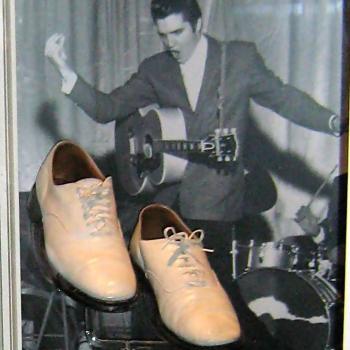continuing the series of posts on penitence:
When I opened Doing the Best I Can: Fatherhood in the Inner City, I wasn’t expecting to include it in this series on portrayals of penitence. The new study by Kathryn Edin and Timothy J. Nelson picks up where Edin and Maria Kefalas’s 2005 Promises I Can Keep: Why Poor Women Put Motherhood Before Marriage left off. Sticking with the same economically-depressed Philadelphia neighborhoods, Doing the Best I Can asks young men how they became fathers, how they think they’re doing as dads, how they could do better, and what fatherhood means to them.
It’s a terrific book and I can’t do it justice here. The authors’ analysis is infused with empathy, rather than the artificial sweetener of relativism. They’re alive to the moral and spiritual concerns of the men they interview; they don’t portray inner-city men as inarticulate lumps of machismo.
And one thing they find is that many men welcome fatherhood because it offers a chance to redeem their pasts. A child is a sign of hope, a vote in favor of life in neighborhoods where death, violence, and self-destruction often seem to hold the majority. When they asked the men, “What would your life be like without your children?” they didn’t get complaints “about lives derailed, schooling foregone, and job opportunities forsaken.” Instead they heard, “I’d be in jail.” “I’d be dead, because of the simple fact that it wasn’t until Brianna was born that I started to chill out.” “Without the kids I’d probably be a dog. I hope not with AIDS.” “Kids give you something to live for.” A child symbolizes, requires, and offers unconditional love— as one young man in a similar study put it, a child is “a part of me that’s never been bad.”











